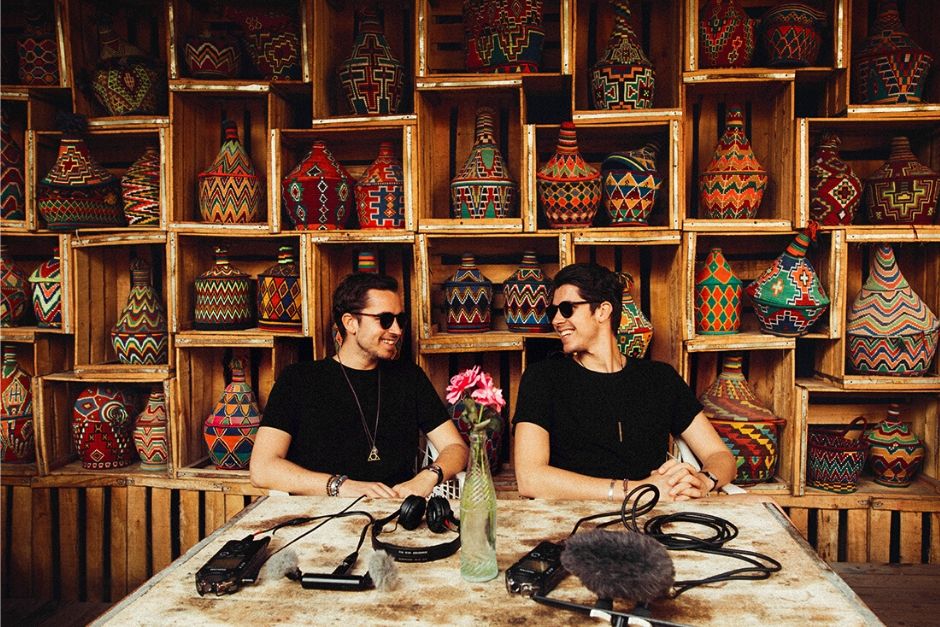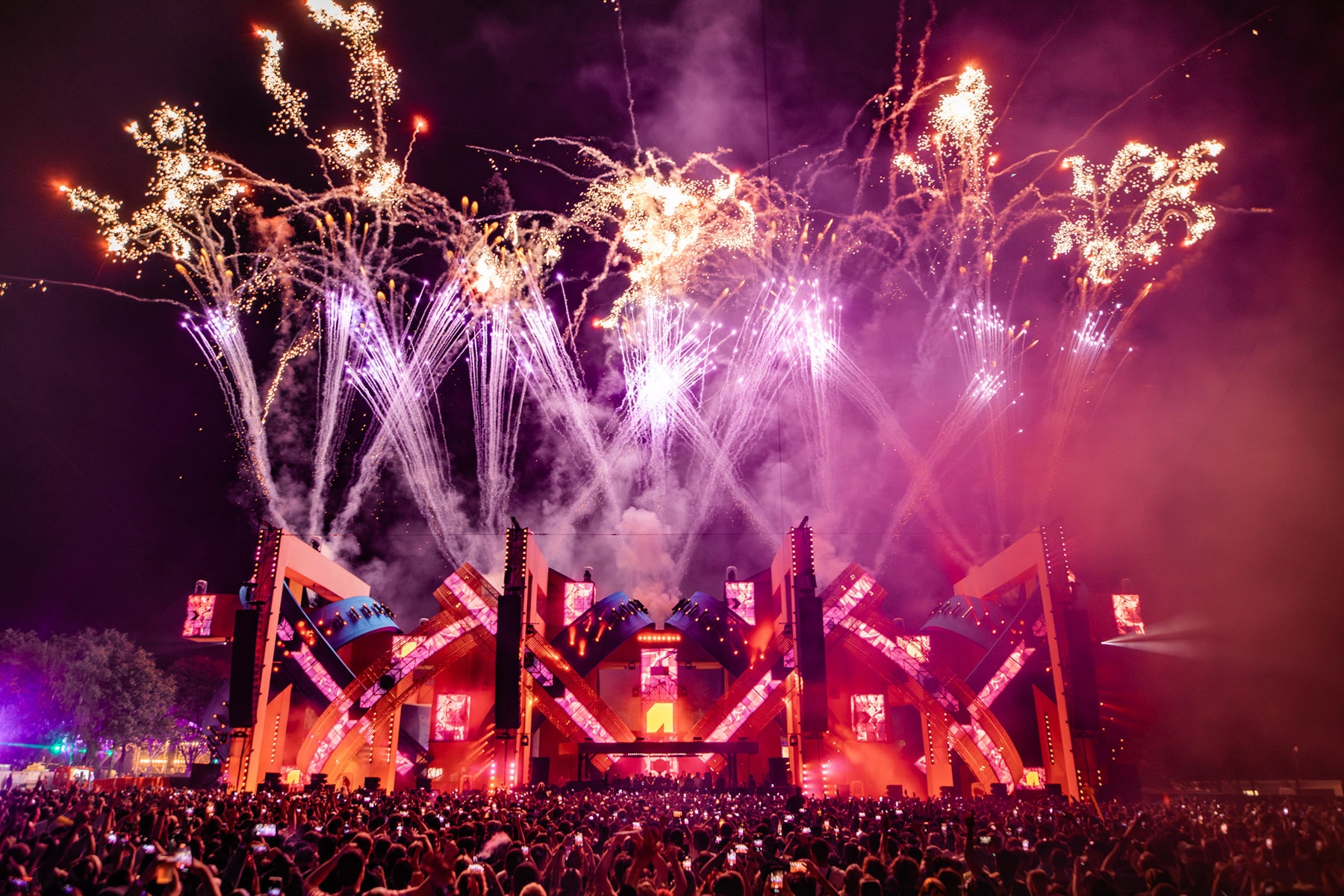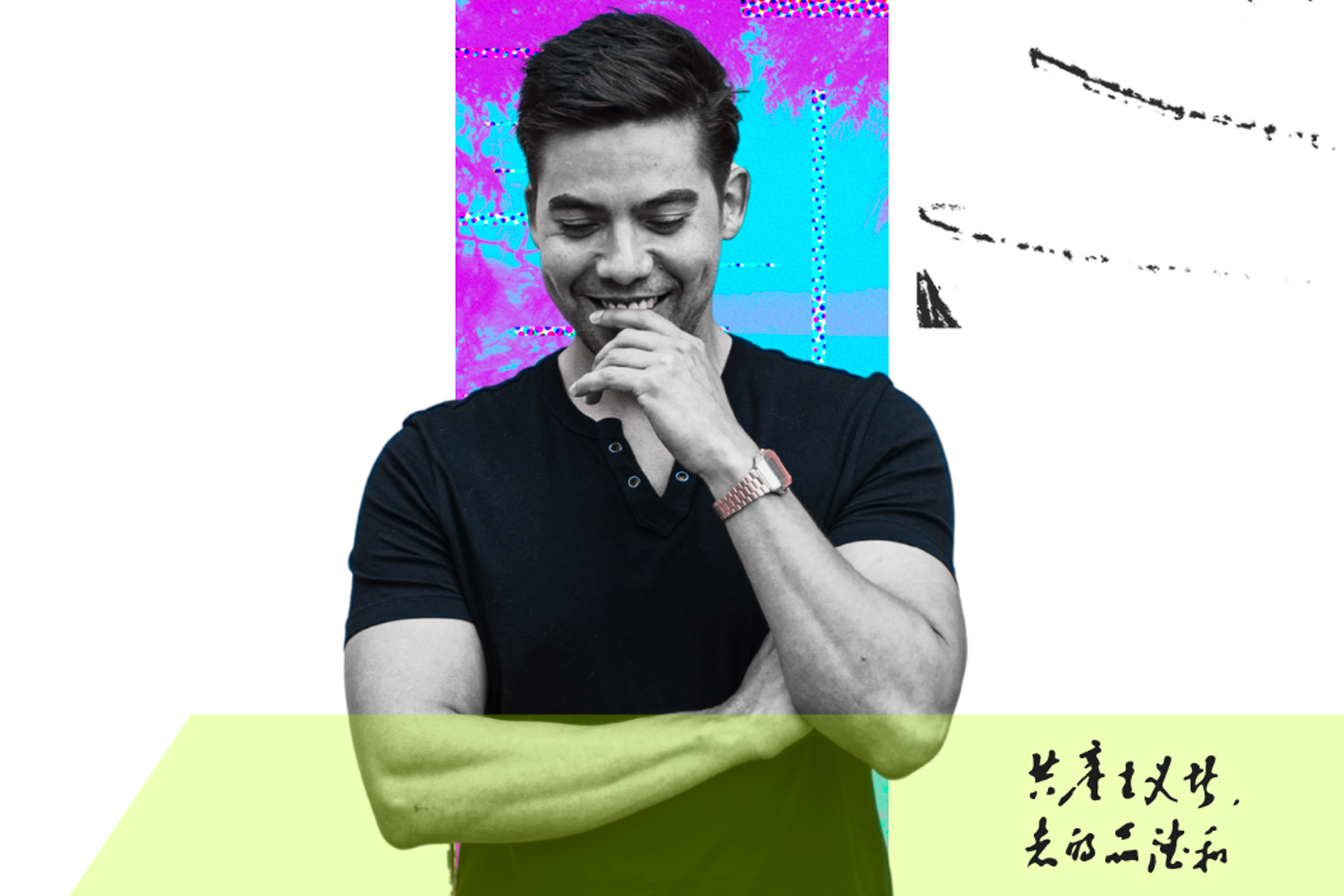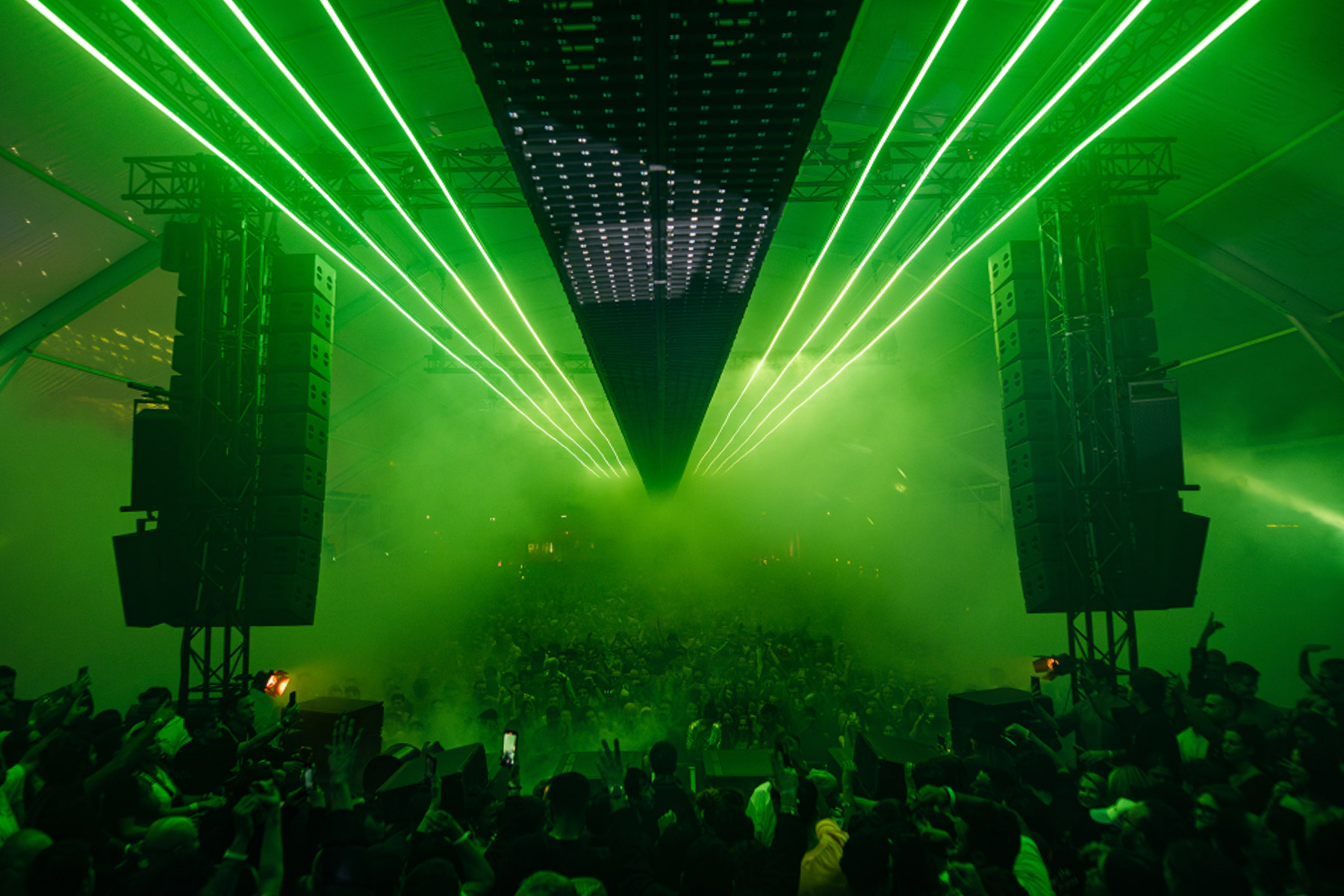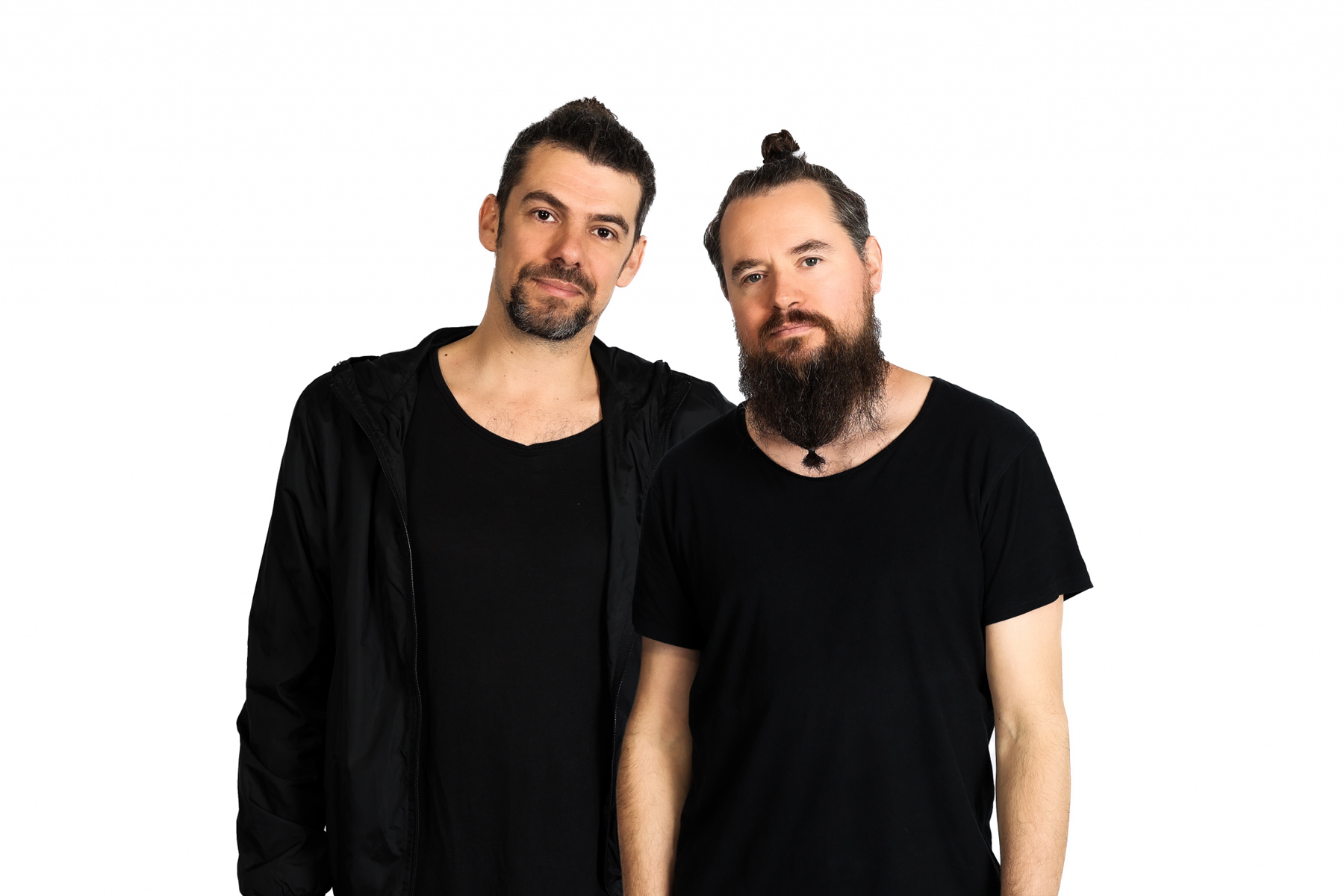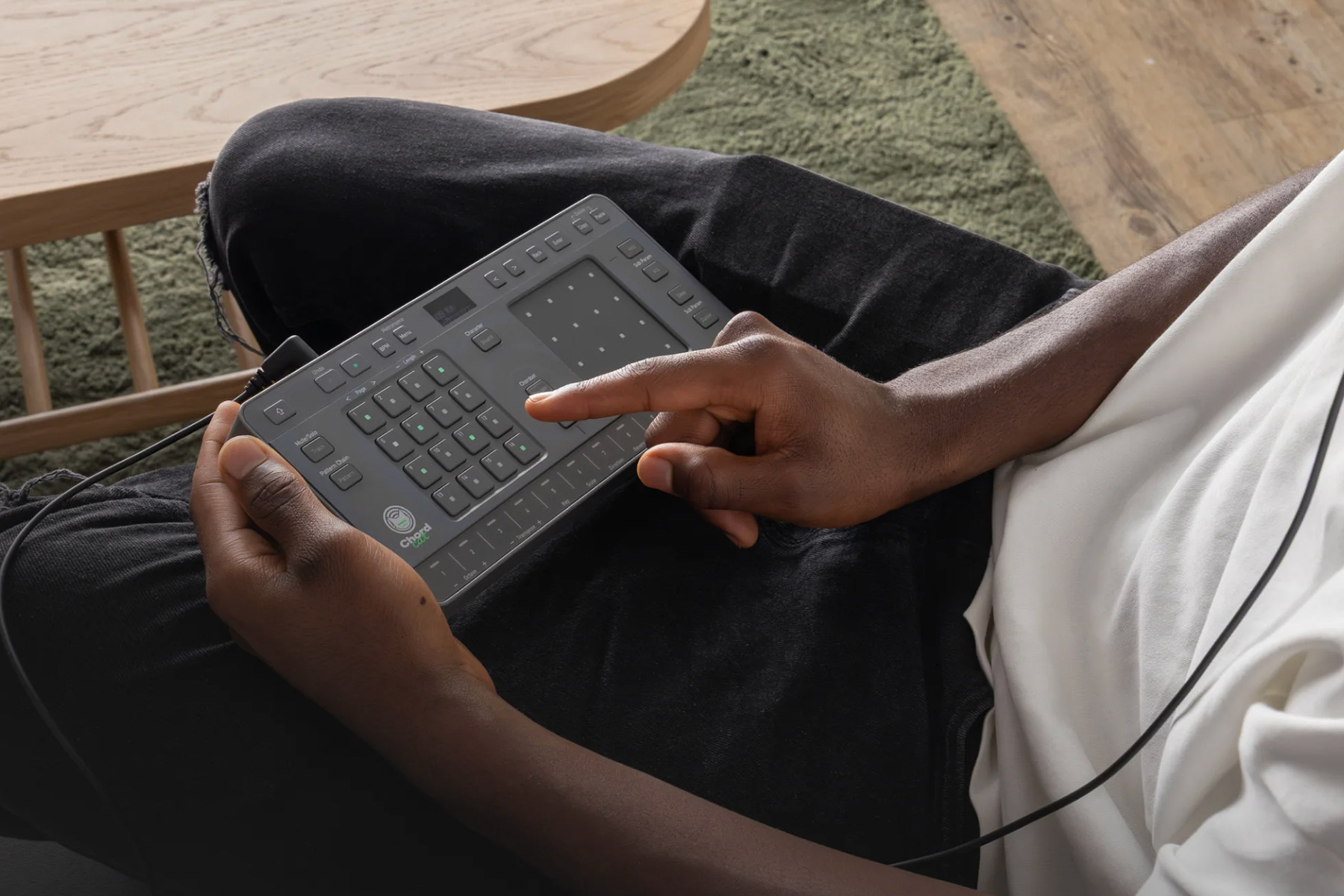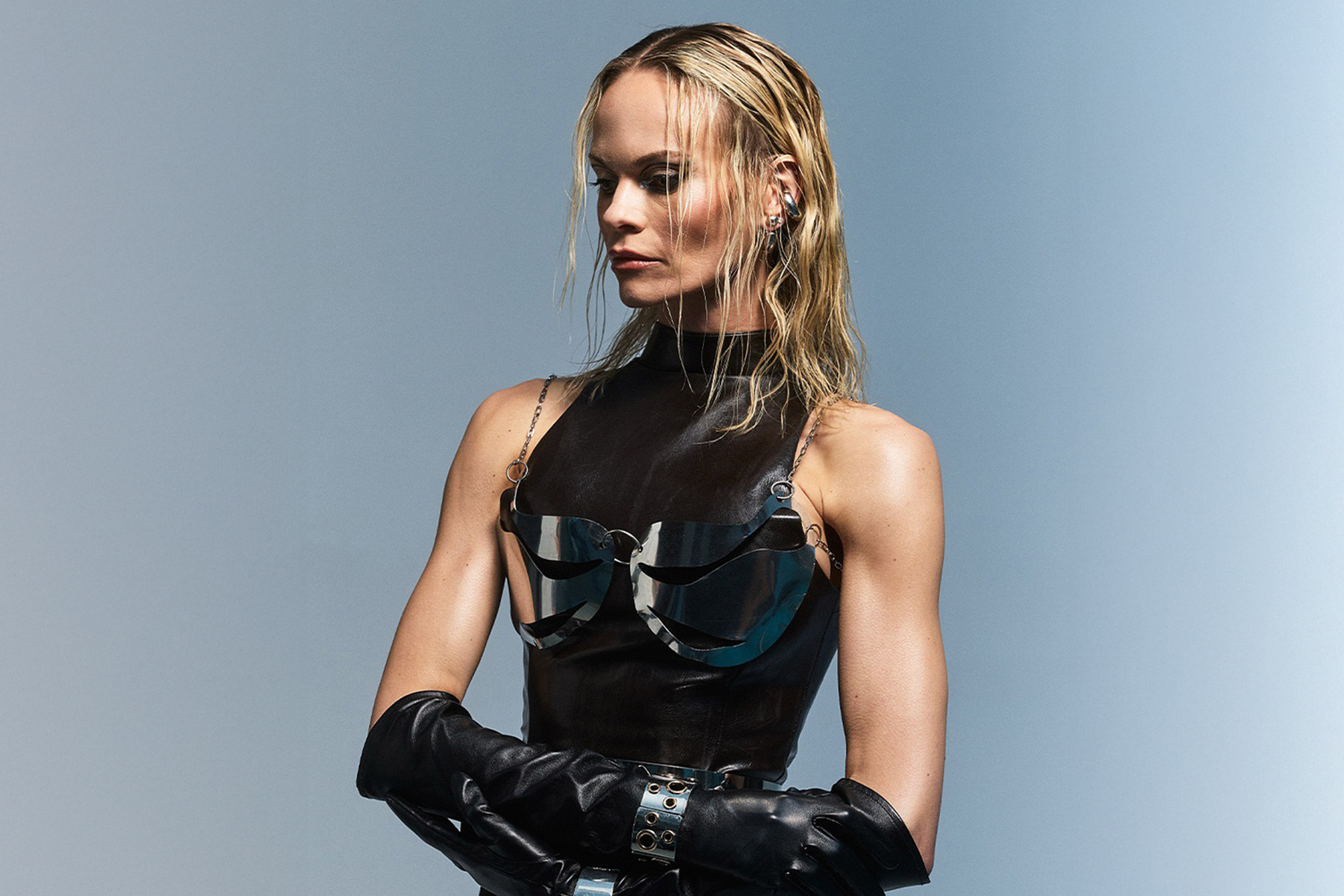Photo credits: Arnaud Moro
Thomas and Julien de Bie aka Parallells are a duo of DJ/producers from the South of France and based in Amsterdam. Formerly trained jazz musicians, they propose either a DJ or electro-acoustic live act mixing several genres whilst keeping a melodic and emotive edge. Passionates in organic music, they have put out their own ‘A Day At’ videos showing organic production and live performances through field recordings. They also created ‘A Day In’ which translates cultures through field recordings and collaborations with local and traditional musicians. They already have concluded first collaborations with musicians from Gnawa in Morocco and Huichol in Mexico.
With releases on Bar 25, Sapiens, The Gardens of Babylon, and their own imprint, Klassified Records, the two brothers also run The House of Klassified in Amsterdam and the Klassified Music Festival in the South of France. Now, the soundtrack of their new video ‘A Day In’ is available for purchase on Bandcamp with all the revenues going to Gnawa’s associations. Grab your copy here.
We caught up with Parallells to talk about their new musical projects and creative process.
Electronic Groove: Hello Thomas and Julien, thanks for your time. How are you today? Are you still in lockdown? How this has affected your creativity?
Parallells: Thanks for the invite, all good in the hood, Amsterdam is treating us magnificently, the lockdown was quite smooth in our situation because we were really craving for a time out from touring and focusing in finalizing many musical projects. We have never been so creative than during the COVID-19 crisis, maybe it is the month of May, the cherry blossom tree and all its colors, also the fact that we just came back from an Asia to South and North America tour, and had so much inspiration we needed to express. In addition to that, we finished building our new music studio in Amsterdam right on time so we are spending most of our days and nights over there.
EG: How did this idea come to you for the ‘A Day In’ series? Can you tell us more about it?
Parallells: It all started with our first concept ‘A Day At’ where we spend a day recording sounds of unusual places or jobs and translating the setting/scene and its components into music with analog instruments. Ranging from a kitchen, greenhouse, ski station, and wood factory, to a hotel, dentist, supermarket, hospital and airport, all the sounds characterizing the place are used to make the music. In that sense, it is completely organic. This led to the second series ‘A Day In’, which translates a city or culture into music. As we traveled more, we got even more interested in the cultural approach of music. It is, in our opinion, the most profound way to get deep into a culture.
EG: How hard was it to get off the ground and launch the project? How long did it take?
Parallells: We have worked with Arnaud Moro for many years, there is a true symbiosis between visual and music which made the process quite organic and easy. We also have the chance to get support from many friends around the globe, which facilitated the encounter with locals and the logistics in general. It does take quite some planning and effort. The shooting and recording are crucial, it usually requires a week, but the big work is in post-production, re-listening, reviewing all recordings, this can take a couple of weeks to fine-tune. But don’t get us wrong, it is still very enjoyable and the feeling when the episode is finished is just indescribably mesmerizing.
EG: Why was Morocco and Gnawa cultures of interest to you?
Parallells: Morocco has always kept a good place in our hearts, many of our friends live there or originate from there and the culture is filled of delights. We’ve been going to Moga Festival for the past years and got to experience Sufi traditions, but Gnawa was really a discovery during this project. This centuries-old Moroccan practice rooted in African rituals had really caught our attention, especially with the instruments used. Between the gembri, which is a three strings type of lute, and the crotales, which are sorts of castanets, you then hear the Maalem chant about freedom, fraternal practices, and therapeutic rituals. This is very overwhelming.
“As we traveled more, we got even more interested in the cultural approach of music. It is, in our opinion, the most profound
way to get deep into a culture”
EG: What the filming was like, how many people were involved?
Parallells: We usually work with a small team so it was just the three of us, together with Arnaud Moro. His eyes for detail, for symmetry and moments, are still surprising us. On the first day, we explain to our local friends what type of shots we want to film and the sounds we want to record and plan the day together. Then the fun starts, most people get excited when they see the camera, invites us with open arms, smiles, and proudness to show their culture.
EG: Was there a plan from the start, a director, did you know what you wanted to capture?
Parallells: The creative process is largely discussed with the three of us beforehand. We craft the skeleton of a script, plan the different scenes but to tell you the truth, we discover as we record, and the beauty of this project is that it is full of surprises, encounters we would have never imagined before, we are filming our exploration inside a culture, discoveries also means improvisation, which makes it more organic.
EG: How did you link with Maalam Omar Hayat for the project and what was his involvement?
Parallells: It came about as an initiative from Moga Festival called Moga Creation, which combines traditional Moroccan musicians to live electronic acts that will perform at the festival. Previous years were with Stavroz, Frank Wiedeman, and DOP, which we had the chance to witness. When Moga proposed us to the Moga Creation for their 2019 edition, we were jumping through the roof. We then contacted Maalem Omar Hayat directly to get to know his music and his vibe, as he could only speak Arabic, Zak was our precious contact person. We exchanged some of each other’s videos and were already impressed by the energy.
The first night we arrived at Essaouira, we met Omar and his musicians at the sacred rehearsal place of Yerma, in the middle of the Medina, where all the previous Maalem (Gnawa’s masters) were buried. The atmosphere was filled with sacred mystics and energy. Sitting around a humble silver Moroccan coffee table, grilled sardines, and cooked red snapper, our hands become our instruments to eat and to communicate. After digestion, the band expected to start rehearsing the Moga concert, but we decided to get to know each other musically first. We left a rhythmical loop and started jamming, which actually turned out to be a 40 min nonstop jam (laughter), the synergies were crazy we all became super enthusiastic!
The next day we start rehearsing for the full concert, and we faced the challenge of the language barrier. Knowing that the Gnawa music culture has a very spontaneous way of changing the tempo and rhythm, it was getting very difficult to find a common ground with some of the pre-existing tracks. After three days, we created a sign language between all of us, Thomas being the conductor. It is said that “Music is the universal language”. We rarely had such a profound conversation during the concert! We are so thankful to Omar for being so open-minded to include modernity in such a long anchored cultured music.
EG: Where else will you head to in the future for the series?
Parallells: Azerbaijan and Bangkok have been shot already and editing is in the making. We also shot a special one in Real de Catorce, in Mexico with the Waxarikan, also called the Huichols. And we will shoot Island Crete and Amsterdam this summer, the goal being to go through all 5 continents.
EG: How important is it to engage with local musicians properly and not just culture surf?
Parallells: We consider ourselves explorers. Everywhere we go, we tend to avoid tourist places, we want to breathe the city, feel the roots, and listen to the culture. In that way, real exploration is about getting under the skin of a specific culture, putting yourself in the shoes of locals. That is why engagement with them is primordial.
In broader terms, we feel like the fisherman is Essaouira in our new life of exploration, sailing to new seas, entering new secret skies, and unfolding the deepest parts of ourselves in the quest to expand our horizons.
EG: What else have you got coming up or are you working on?
Parallells: We are focusing lots of our energy into our label Klassified and where we would see it growing in the coming years. Working closely with our artists, creating artistic and impactful projects together.
In the last couple of months, we’ve made many tracks that will see the lights shortly, in the Gardens of Babylon, Maga’s foundation ‘Children of The Future’, and Klassified’s ‘The Feathers Eyes’ compilations.
From now, our production focus is only on finishing our first album ‘A Day At’ and the upcoming ‘A Day In’ videos, which requires a lot of work.

